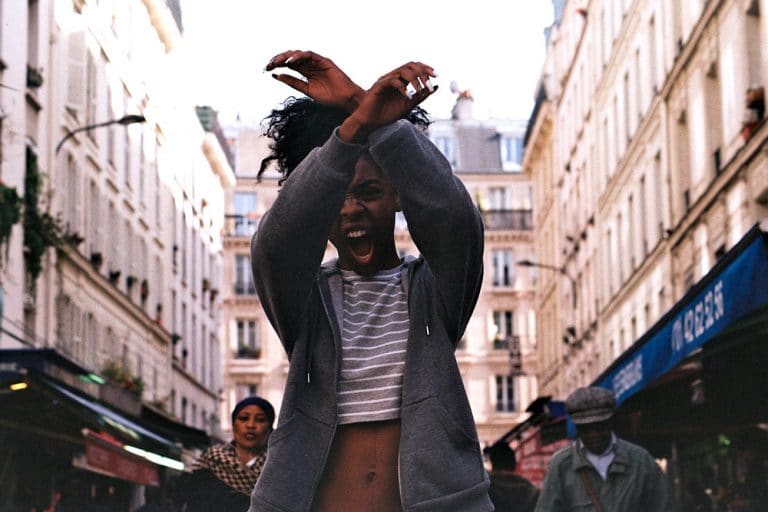TikTok receives more backlash for its discriminating and racist content moderation
TikTok has taken over all other social networks as it is now, without a doubt, gen Z’s favourite and most profitable app. TikTok influencers are slowly replacing Instagram influencers, see 17-year-old Loren Gray, who currently has 40 million followers on the app and is making up to $200,000 a post. And yet, similarly to its fellow social networks, TikTok’s structure is far from being flawless.
Censorship-wise, the Chinese-owned app has made headlines after it was revealed it made some questionable ‘choices’ when it came to its content moderation. Videos promoting LGBTQ+ rights have repeatedly been penalised by the platform, expression of political dissent is usually not well-received, and, as revealed by an investigation based on internal documents published in March by the Intercept, TikTok instructed moderators to penalise any content created by users considered ‘ugly’, ‘poor’ or disabled, as well as videos considered harmful for ‘national security’—such as material portraying military intervention or natural disasters. When some of the above content is identified by the platform, moderators are told to ‘push it down’ by limiting the size of a specific profile’s audience and therefore its reach.
If the discrimination mentioned previously isn’t enough to shed light on TikTok’s censorship, just recently, a new bias against black content creators has become more visible, catching the attention of numerous TikTok users. Black Lives Matter Utah’s founder Lex Scott and fellow users spoke to Dazed in the article TikTok users protest the unfair censorship of black creators and explained that the ‘For You’ page on TikTok very rarely recommends videos made by people of colour (POC), while also pushing down any content openly speaking out against racism.
In response, Scott launched on 19 May the initiative named ‘black out’, in which she asked non-black users to stop posting videos for the day, exclusively like and follow content made by POC, and urged all her followers to change their profile pictures to the black power symbol.
In her call-to-action, Scott also encouraged people to create a video “that brings awareness to the racism on TikTok. This video can speak about how black creators are banned, how videos are being taken down, and how white racists are allowed to flourish.” On the day, videos from POC and hashtags such as #blackout2020, #blackvoicesheard and #iamblack all went viral on the app, shaking up an otherwise arguably racist algorithm that tends to privilege, quite literally, ‘privileged’ content.
On the one hand, it has previously been argued that TikTok’s creative content helped shine a light on political activism, as a few videos promoting diversity did receive many views and likes on TikTok. And yet, the app’s moderation guidelines have shown themselves to be highly discriminatory—as this most recent bias proves.
In the aftermath of yet another disturbing racist killing by the hand of US police, namely the murder of George Floyd by Minneapolis policeman Derek Chauvin, it is near impossible to ignore the intrinsic racism that still inhabits not only our society, but our online platforms as well. Because, as we should have learned by now, allowing racism on social media platforms tends to lead to the same unfairness that we witness in real life and vice versa.
TikTok’s discrimination against POC and its censorship of what it qualifies as ‘ugly people videos’ is disturbing. Yet, the app’s success cannot be denied. That’s why initiatives such as the ‘black out’ protest are our only way to have a say in the app’s regulations without having to fully desert it. Challenging TikTok’s oppressive agenda by playing with its own algorithm and raising awareness among its users is an effective way to counter this discrimination and push for a change of rules and fairer management of TikTok’s content.





